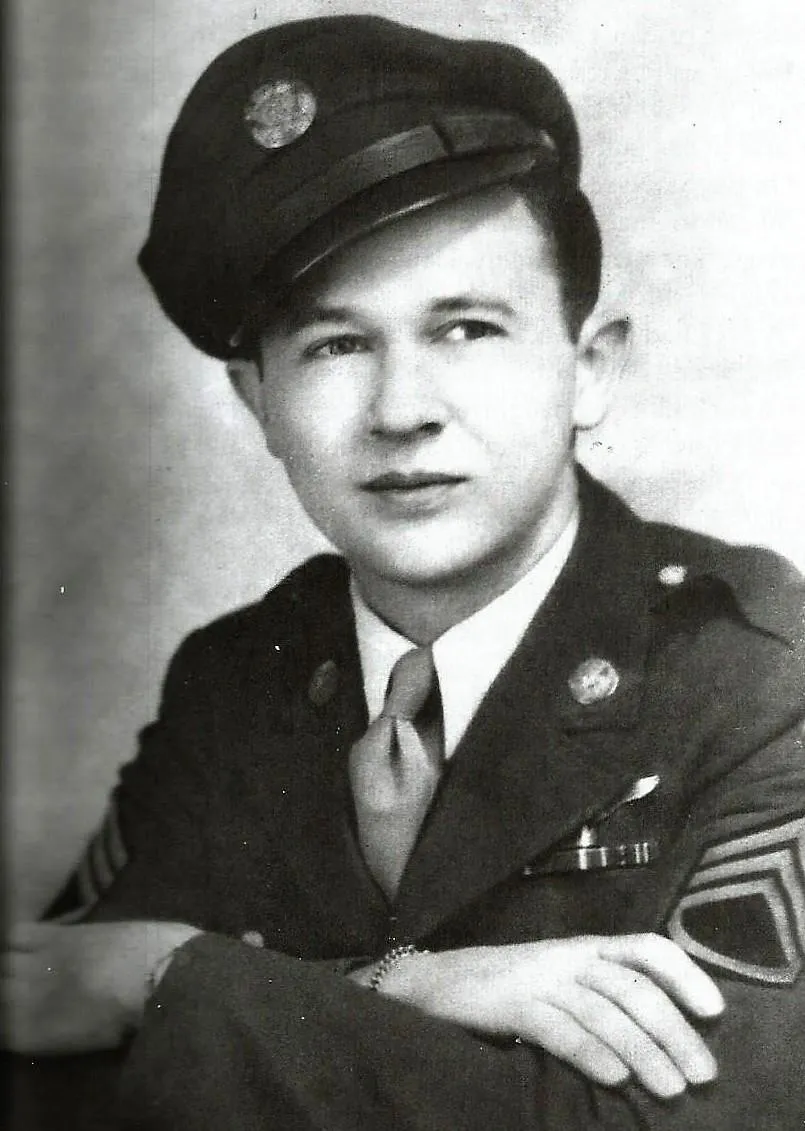Louisville Courier-Journal: Kentucky pilot flew Flying Fortress bomber like ones expected for Thunder over Louisville

EDITOR'S NOTE: Bill Hack was a longtime member of Paducah Ironworkers Local 782, retiring as business agent. He was also a delegate to the Western Kentucky AFL-CIO Area Council and a recipient of the W.C. Young Award, the highest honor the council bestows. Kirk Gillenwaters sent us the link to "Barrel House Bessie from Basin Street," the song for which the plane in which Hack was shot down was named.
By BERRY CRAIG
A vintage B-24 Liberator is a feature of this year's Thunder Over Louisville. During World War II, U.S. B-24 and B-17 Flying Fortress bombers teamed up with long-range British Royal Air Force bombers in the Combined Bomber Offensive against strategic targets in Germany and elsewhere in Nazi-occupied Europe. The offensive inflicted heavy damage on the enemy, but many Allied airmen and aircraft were lost to Nazi fighters and anti-aircraft fire. Sgt. Bill Hack of Paducah, Kentucky, was nearly killed when his B-17, “Barrel House Bessie from Basin Street,” crash-landed in the English Channel.
B-17 gunner Chester W. “Bill” Hack of Paducah had survived a storm of flak, relentless fighter attacks and an out-of-control plunge earthward from at least 22,500 feet.
All 10 crewmen aboard his crippled bomber were wounded when it ended up ditching in the English Channel and bursting into flames.